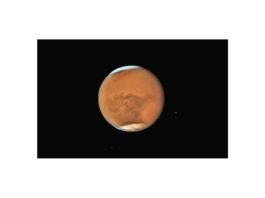Environmental Impact on Oceans and Atmosphere
As per a report by Space.com, the ISS’s deorbit plan, involving managed disintegration in Earth’s environment, has been endorsed by NASA to minimise dangers. Concerns about air pollution, nonetheless, have been highlighted by researchers and advocacy teams. Physicist Luciano Anselmo from the Space Flight Dynamics Laboratory in Pisa, Italy, in an announcement, stated that whereas oceanic air pollution attributable to area re-entries is negligible in comparison with different human actions, the consequences on the higher environment could possibly be important and are usually not but totally understood.
David Santillo, a senior scientist at Greenpeace International, in one other assertion, indicated that the absence of worldwide rules for area {hardware} disposal complicates such operations. According to stories, Santillo urged that frameworks such because the London Convention may deal with these points sooner or later. Advocacy teams, together with the Ocean Conservancy, have additionally flagged using oceans as dumping grounds for area particles as a matter of concern.
Future Implications for Space Exploration
The deliberate deorbit has sparked discussions concerning the long-term administration of enormous area buildings, as per sources. Darren McKnight, senior technical fellow at LeoLabs, warned in stories that future area stations may face comparable challenges, necessitating extra strong disposal strategies. The Aerospace Safety Advisory Panel (ASAP) had earlier emphasised the urgency of creating deorbit capabilities for the ISS to keep away from uncontrolled re-entry situations, a suggestion reiterated in its latest report back to NASA.
While the managed disposal of the ISS is taken into account the most secure possibility, its potential environmental penalties proceed to be evaluated by specialists and stakeholders globally.




